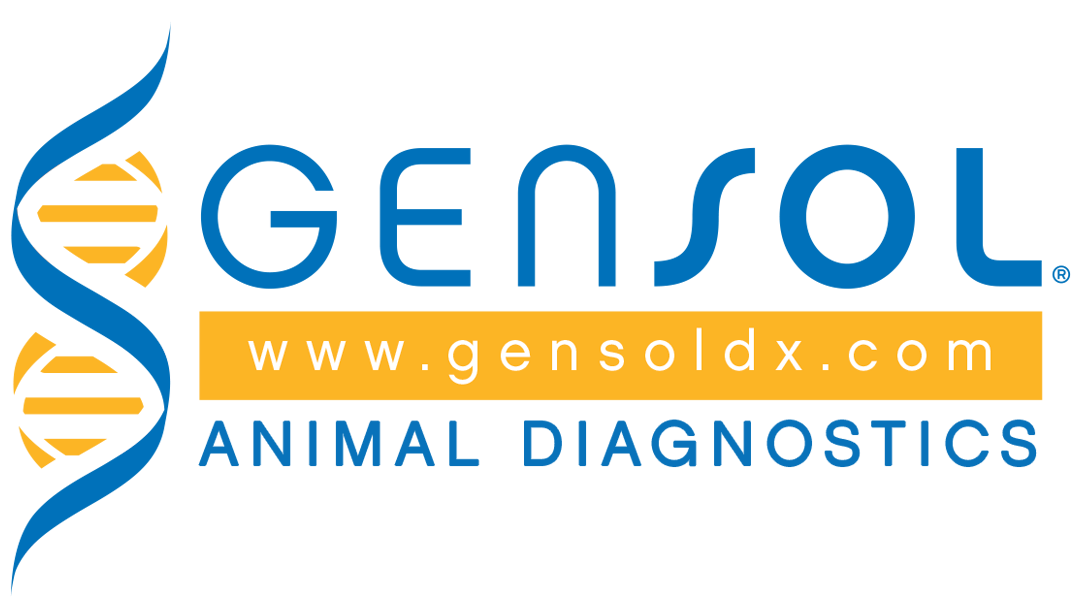A-A Locus (A-A-LOCUS)
Agouti, Recessive Black
The A Locus (Agouti series) interacts closely with the E, K, and B loci which can lead to a dog’s overall coat color and pattern. A-Locus mutations are only expressed if the dog is “Clear” or “Carrier” at the E locus and “Clear” at the K-KB locus. Four potential mutations at the A Locus can each have a different effect on coat color. The mutations are known as A-AY, A-AW, A-AT, and A-A and can determine whether a dog is a Carrier of sable/fawn, wolf sable/gray, black and tan/tricolor/tan points coloration or a recessive form of a solid black or bicolor coat color. The A-A Locus mutation results in a dog that is solid black. To confirm the source of the black coat, this also requires testing for the K-KB Locus to determine if the black color is derived from the dominant K-KB mutation or the recessive A-A Locus mutation. A common example of the effect of the A-A Locus mutation is typically seen in solid black German Shepherds.
Reading Your Results
A. (CLEAR/NORMAL):
These dogs have two copies of the normal gene and the effect of A Locus on their coat color can be determined by testing the A-AY, A-AW, and A-AT loci. They will also not pass this mutation to any of their offspring.
B. (CARRIER/NOT AFFECTED):
These dogs have one copy of the normal gene and one copy of the mutation associated with this coat color. They will not develop a solid black or bicolor coat due to this mutation and the effect of A Locus on their coat color can be determined by testing at the A-AY, A-AW, and A-AT loci. They will, if bred, pass the mutation to 50% of their offspring, on average.
C. (AT RISK/AFFECTED):
These dogs have two copies of the mutation and will typically develop a solid black or bicolor coat due to the A-A Locus mutation and will pass this mutation to 100% of their offspring. However, this dog’s coat color is also dependent on the E, K, and B Locus mutations.
Additional Details
Inheritances
Complex order of dominance with other A Locus mutations (AY > AW > AT > A) and also depends on results for E, K, and B Locus mutations.
Affected gene
ASIP
Chromosome
Ch. 24
Mutation
c.286 C>T aka c.427 C>T
Publication:
Kerns JA, Newton J, Berryere TG, Rubin EM, Cheng JF, Schmutz SM, Barsh GS. Characterization of the dog Agouti gene and a nonagouti mutation in German Shepherd Dogs. Mamm Genome. 2004 Oct; 15(10):798-808. [PubMed: 15520882]
